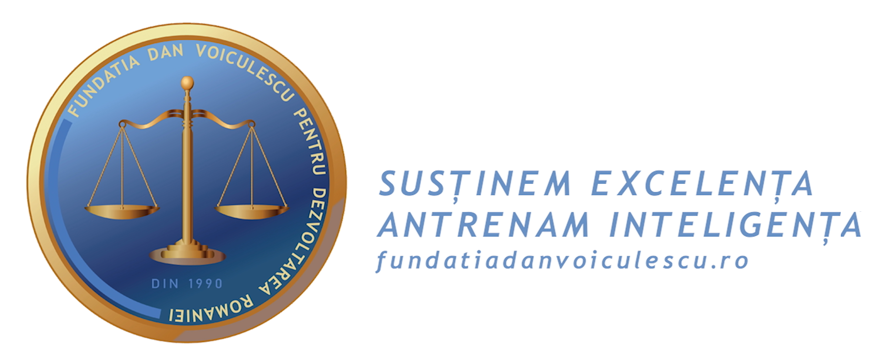The topics of longevity and quality of life are of great interest to researchers and the general public alike. This study places particular emphasis on biological age, which is regarded as an indicator of the true state of organs and metabolism. Experts posit that maintaining a biological age below the chronological age is essential for the prevention of premature ageing and the promotion of healthy living. The question then arises as to how this can be influenced. Two main approaches are currently being explored: biohacking and a controlled lifestyle. The Scientific Senate endorses research programmes dedicated to the study of longevity, encouraging both biohacking research and the promotion of a controlled lifestyle. These initiatives are pivotal to the discovery of efficacious methods for the extension of lifespan and the improvement of quality of life.
Biohacking is a field of study that involves the implementation of proactive and, on occasion, extreme lifestyle changes, which are often experienced first-hand, with the intention of improving health and performance. The following section will present a selection of pioneers in this field.
- Dave Asprey: the founder of Bulletproof popularized the idea of adding fat to coffee to boost energy and focus;
- Tim Ferriss: the author of "The Four Hour Body" has helped millions of people optimize their health and performance through self-quantification techniques;
- Ben Greenfield: a dedicated biohacker who has extended fitness research into mental and spiritual development;
- Nick Urban: combines functional wellness with cellular medicine and ancient traditions to offer innovative perspectives on health through bioharmonization.
- Bryan Johnson: American entrepreneur who reduced his biological age from 45 to 37 by adopting a balanced lifestyle and personalized interventions.
Biohackers explore the limits of the human body through various therapies and interventions not yet validated by the scientific community, such as:
- Blood therapies: transfusions of young blood, based on the theory that growth factors in young blood can improve the health and longevity of the elderly. This method is controversial and requires further research.
- Excessive food supplements: taking supplements in high doses to achieve significant benefits, although the risks of overdose are not yet fully understood.
On the other hand, managed lifestyle focuses on sustainable and balanced changes in diet, sleep and exercise. It includes:
- Healthy eating: balanced intake of nutrients, antioxidants and fatty acids essential for maintaining cellular health and reducing ageing processes.
- Quality sleep: Adequate rest is essential for cell regeneration and optimal body function.
- Regular exercise: physical activity supports cardiovascular health, maintains muscle mass and prevents joint stiffness.
Whether one chooses to engage in biohacking or to pursue a more controlled lifestyle, it is of the utmost importance to be well-informed and to make responsible decisions. The common goal of healthy longevity can be achieved by each individual by identifying the most appropriate path to maintain vitality and live a life full of energy and joy.

